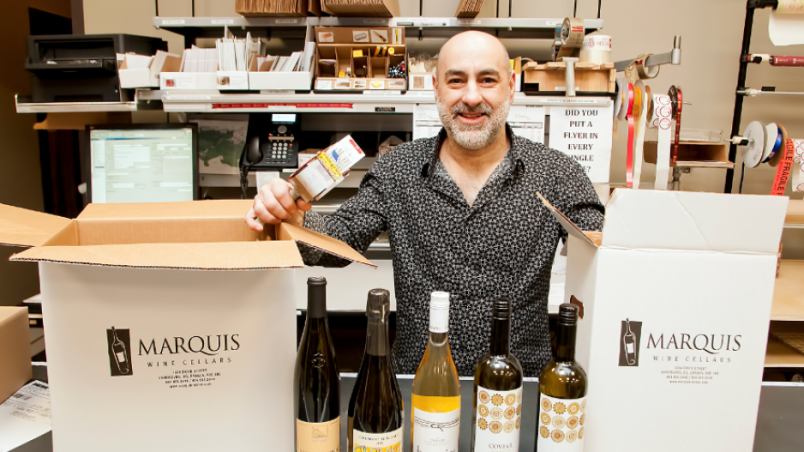Canada’s competition watchdog is urging the B.C. government to allow private alcohol retailers to sell directly to government – something that the industry has long championed.
Interim commissioner of competition at the Competition Bureau of Canada, Matthew Boswell, on Jan. 17 released an open letter to B.C. Attorney General David Eby, urging Eby to “consider the principles of competition” during the province’s current review of liquor policy.
Boswell said in the letter that he strongly supports allowing hospitality businesses to choose to buy products from either government or private stores. He is also urging the B.C. government to follow the example of other provinces by allowing hospitality businesses to buy alcohol at a wholesale price, instead of the full retail price that they have to pay in B.C.
Eby on Jan. 17 told BIV in an email that he appreciates that the Competition Bureau is interested in the B.C. government’s work to modernize and improve the province’s liquor policy.
“I’m a little surprised that they are so interested, as B.C. is not the only province that operates the way that we do, but I’m glad for the letter, and will certainly take it in to consideration as we go forward with the review process,” he said.
Eby told Business in Vancouver last July that allowing restaurants to buy directly from private liquor stores is “still on the table,” but he would not promise to make the change.
One stumbling block to the proposed change to allow restaurants to buy products at a wholesale price is opposition from those who believe that if the government reduces the price of alcohol that it sells to restaurants, the province will rake in less revenue from alcohol sales.
Eby said in July, however, that he has spoken with public servants and retailers who argue that increased sales spurred by lower alcohol prices will compensate provincial coffers.
“I had someone describe it as one plus one equals three,” Eby said at the time.
In December, BIV reported on the government’s plan to conduct a thorough review its wholesale-liquor distribution system.
This review follows the government commissioning a larger-scale review of liquor policy in November 2017
That broader review involved liquor-policy lawyer Mark Hicken heading what was named the Business Technical Advisory Panel (Liquor Policy) and releasing a report in April 2018 to government that suggested 23 recommendations.
The government would not reveal who would conduct the more thorough review but Mark Hicken has since told BIV that he will not do that work.
Private alcohol retailers, unsurprisingly, are eager boosters of the policy change to allow them to sell to restaurants.
“The time has come,” said Marquis Wine Cellars owner John Clerides on Jan. 17. “These types of business antics should not be tolerated. It has cost consumers millions, billions of dollars in paying extra fees and higher prices for wine.”
Clerides is also an enthusiastic supporter of the government streamlining its alcohol distribution system. He believes that the system is not only convoluted but also inept.
“Today, as an example, my [entire wine] order was double what it should be,” Clerides told BIV. “Of course they charged us double. They gave us extra wine. They automatically debited my account. There’s no apology. There’s no, ‘Sorry, let me pick up the extra wine. We made a mistake.’”
Instead of enduring the wasted time and hassle of disputing the delivery, Clerides said that he would “suck it up” even though the total bill was close to six figures.
A quick fix to the distribution system, he believes, is to get the government out of the business of warehousing alcohol.
His wines now first go to a bonded warehouse run by ContainerWorld. When he wants to buy wine, the wine is then transferred to a government warehouse and then gets delivered to his store.
A simple fix that would save time and greenhouse gas emissions from delivery trucks would be that he could have wine delivered directly from ContainerWorld, he said.



